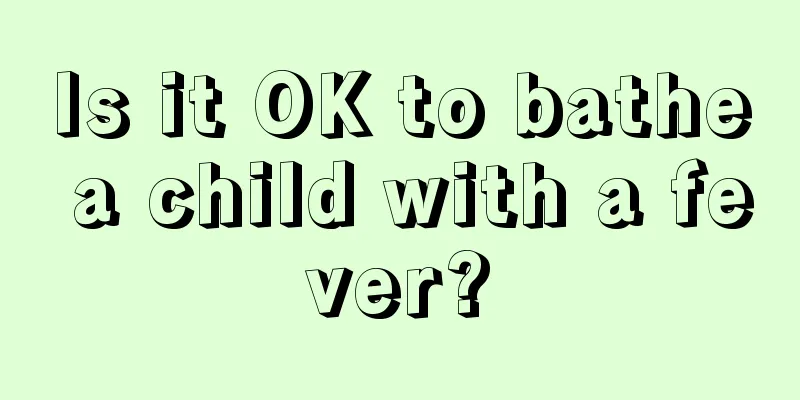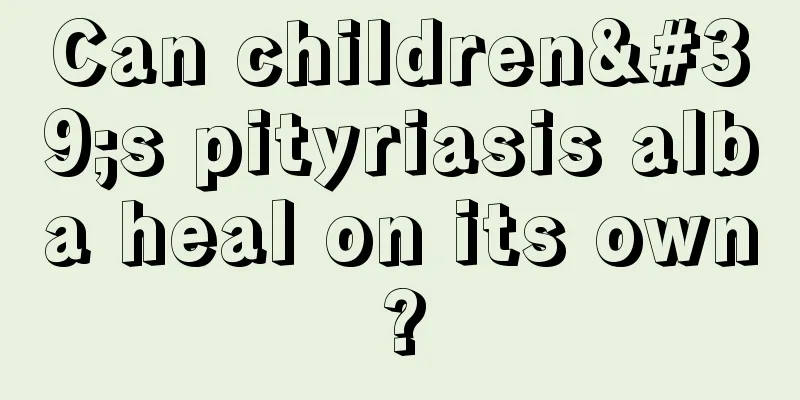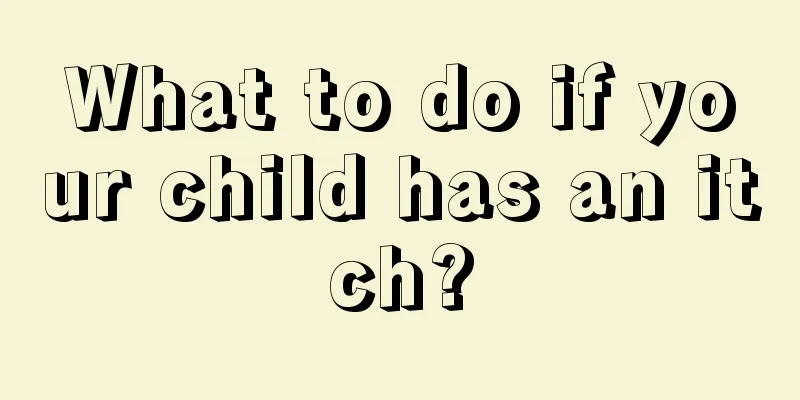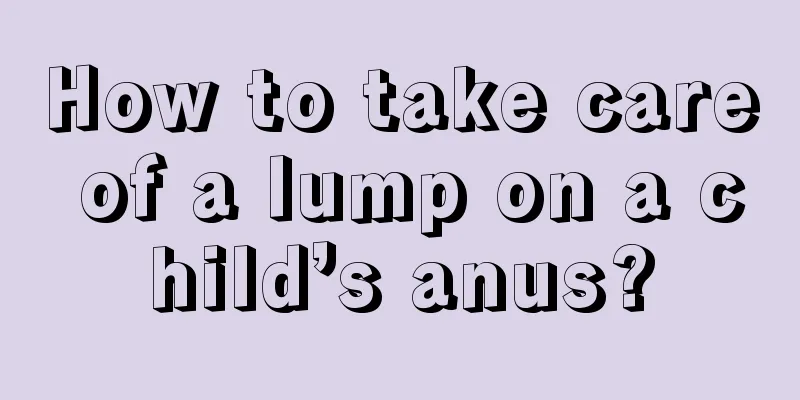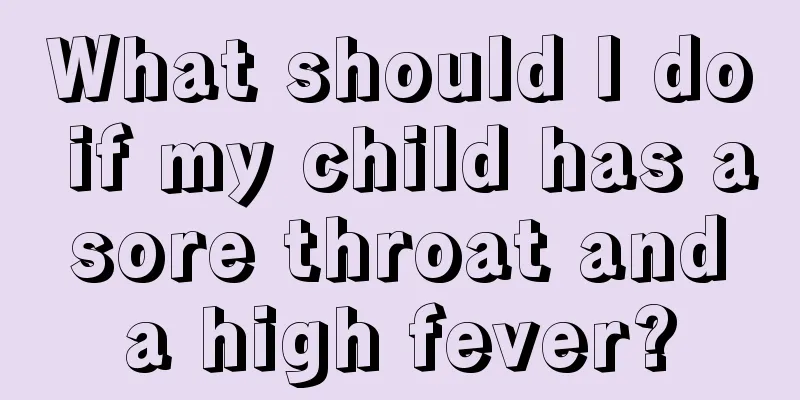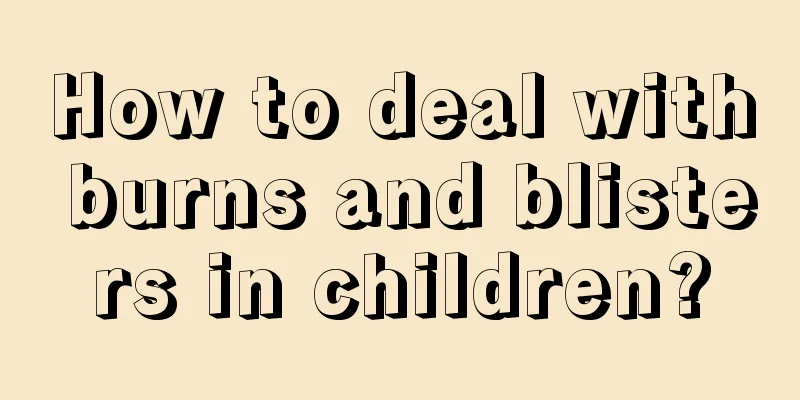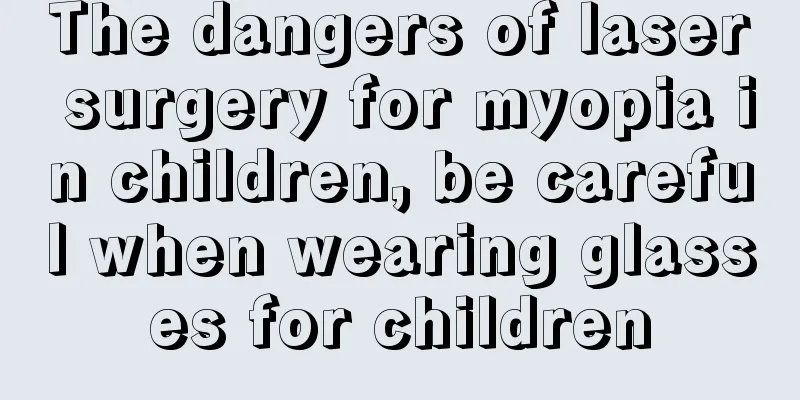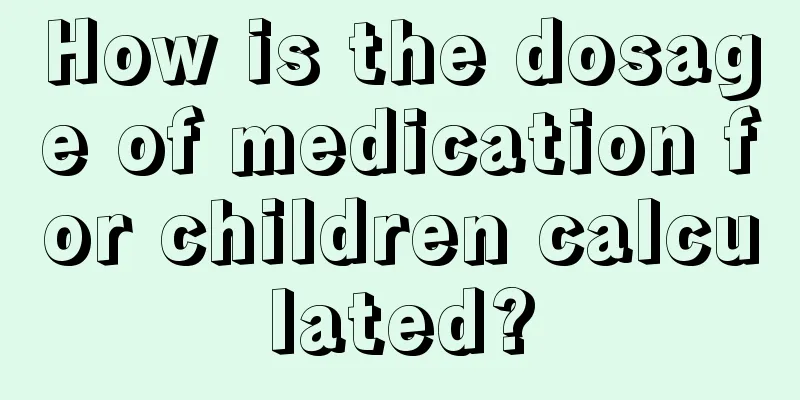Mycoplasma weak positive in children
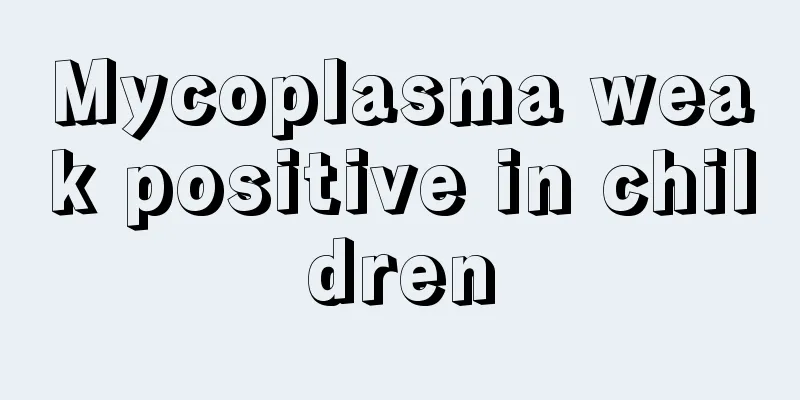
|
If a child is found to be weakly positive for mycoplasma, he or she should continue to undergo detailed examinations and make relevant diagnoses. Mycoplasma is a kind of smiling microorganism. If a child has mycoplasma in his body, it may affect the child's respiratory system, so relevant examinations need to be carried out in time. If it is confirmed to be pathogenic mycoplasma, relevant treatment should be carried out. 1. What is Mycoplasma pneumoniae and how does it make children sick? Mycoplasma is a tiny microorganism that is smaller than bacteria but larger than viruses; it invades the human body and lives mainly inside cells. Among the 16 mycoplasmas isolated from the human body, 5 are pathogenic to humans, among which Mycoplasma pneumoniae is the "culprit" that causes illness in babies. When the patient sneezes, coughs, or when you are in close contact with the patient. Mycoplasma pneumoniae will be spread through droplets, enter the infected baby's respiratory tract, and cause respiratory infection in the child. 2. Which children are susceptible to infection with Mycoplasma pneumoniae and how to prevent it? From the transmission routes of Mycoplasma pneumoniae, we can know that Mycoplasma pneumoniae is mainly transmitted through droplets. Therefore, if there is someone infected with Mycoplasma at home, or if the child goes to school or participates in group life, and there are Mycoplasma-infected patients in the group, he or she may be infected. Generally, most of them are children around 3 years old. The prevention method is that if there is someone coughing at home, you must wear a mask to prevent the spread, and remember to wash your hands, because many droplet-borne diseases are transmitted from one child to another through children's hands. 3. What are the symptoms of Mycoplasma pneumoniae infection and how is it diagnosed? Most cases of Mycoplasma pneumoniae infection present as pharyngitis, rhinitis, tracheitis and bronchiolitis. The cough is dry at first and then turns into a persistent and severe cough with no sputum or a small amount of sticky sputum, especially at night. Infants and young children experience wheezing and difficulty breathing. As long as it is treated promptly, it rarely turns into pneumonia. Children of different ages show different symptoms. Younger children have less fever and may only have a cough. However, if children under 1 year old are infected, they may have severe wheezing. Older children may have a high fever that may even last for several days. If a child over 4 years old has an unexplained high fever and conventional infection treatments are ineffective, mycoplasma infection must be considered. Mycoplasma infection is generally diagnosed by exclusion method, because from the perspective of children's disease spectrum, viral and bacterial infections are the most common causes, followed by respiratory inflammation caused by allergies. If the child's cough and other symptoms cannot be relieved by treating them according to the first two situations, mycoplasma infection should be considered. What is more meaningful is the titer test of mycoplasma antibodies. If the child has related symptoms and the mycoplasma antibodies are progressively increased, it can be diagnosed. 4. How to treat Mycoplasma pneumoniae infection? The key to the treatment of Mycoplasma pneumoniae infection is the choice of antibiotics, because mycoplasmas mainly exist inside cells, and the commonly used cephalosporin and penicillin antibiotics have very low concentrations inside cells, so their effects are relatively poor. Azithromycin and erythromycin are generally used for treatment. Especially worth recommending is Zithromax (azithromycin produced by Pfizer) because the drug is better purified and the effect is more significant. Many primary hospitals do not have this drug, resulting in incomplete treatment of children and repeated attacks. For cough caused by Mycoplasma pneumoniae infection, nebulization is a better auxiliary treatment method. Nebulization is the process of dispersing drugs into tiny droplets or particles through a specific machine or high-flow airflow impact, so that they are suspended in the gas and enter the respiratory tract and lungs, achieving the purpose of cleansing the airways, purifying the airways, local treatment (antispasmodic, anti-inflammatory, expectorant) and systemic treatment. Because it directly enters the respiratory tract and takes effect, the dosage of the drug is small and the effect is better than oral or injection. |
<<: Baby's stool occult blood weak positive
>>: How to use massage to treat cough in children
Recommend
What to do if your baby has jaundice
Jaundice is a common symptom among many newborns....
What to do if the baby's head is swollen
It is very common for babies to bump into things ...
How long does it take for a newborn to turn white?
The skin of newborn babies is usually yellowish o...
What should I do if my child has difficulty memorizing?
Although the country is vigorously promoting qual...
How to take care of acne on the face of a full-month-old baby
Newborns have to face some processes after birth,...
What are the dietary treatments for constipation in children?
Constipation can happen to anyone, including youn...
What to do if your nine-month-old baby has a hoarse voice
The problem of hoarseness in nine-month-old babie...
What to do if your child has red and swollen gums
The gums are the hotbed of our teeth. Without the...
What should I do if my child has a low nose bridge?
This is an era where everyone pursues beauty, and...
Symptoms and treatment of tongue coating in children
Childhood is originally a lively and happy age. H...
Is it harmful if children are not vaccinated?
Vaccination is a responsibility and an obligation...
What are the symptoms of dysphagia in babies with cerebral palsy?
Children with cerebral palsy need multi-faceted t...
What is the baby's spring health diet?
The baby's physical health is an issue that t...
What to do if your child is angry and self-harming
In daily life, everyone has a different personali...
Newborn baby crying all day and not sleeping
In our lives, many newborns often cry after they ...
